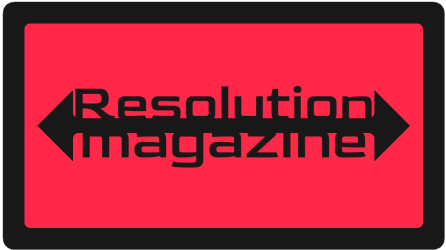Image Source: FreeImages
In the workplace, you will come across colleagues who are more productive than others. While it might seem that some people are simply luckier than others, there are actually many factors that influence our productivity. Motivation is one of them. Of course, everyone has their ups and downs when it comes to being motivated at work. Some days, you might feel energized and ready to tackle your workload head-on. Other days, it feels like everything is conspiring against you and nothing goes right. But what if instead of switching between these two extremes all the time, we could stay consistently motivated at work? This post will explore three major theories that explain what drives us to do things—and how you can use them to boost your own productivity as a result.
Read Also:
- 3 Ways To Stay Motivated And Study When You’re Too Busy With Work
- The Five Components of Competence Motivation
Self-determination theory
The first theory we will look at is self-determination theory. This theory is based on the idea that all of us have certain needs that must be met in order for us to be productive. We call these needs “basic psychological needs”. They are what drive us to do things. If these needs are not met, we will not be motivated to do anything. In other words, when our needs are satisfied, we have a sense of intrinsic motivation—meaning we’re doing something because we find it meaningful, not because we feel forced to do it. This can help us stay consistent in our productivity and keep us from burning out. So what are these needs? The three most important ones are:
Organizational behaviour/recognition theory
The second theory is organizational behaviour/recognition theory. This theory suggests that our productivity is shaped by what happens in the workplace—specifically, how our managers and co-workers treat us. When it comes to recognition, most people would agree that recognition can be motivating. But how exactly does recognition work, and why does it boost productivity? The idea is that when you’re recognized for what you’ve done, you feel valued, appreciated, and important. This is often referred to as “positive feedback”. It can be something as simple as a “thank you”, a smile, or even a “job well done” email. The point is, when you feel appreciated, your self-esteem rises. This, in turn, causes you to feel more motivated since you’re now more likely to feel like doing something meaningful and valuable. This, in turn, will boost your productivity.
Discouragement theory
The final theory is discouragement theory. This theory suggests that we’re more motivated when we have a sense of challenge and a desire to overcome something difficult. Let’s say you’re a project manager who has been given a new assignment, but you’re short on time and resources. This can be a challenge that will boost your productivity. It’s important to note, however, that this challenge must be appropriate. If it’s too easy, you won’t feel challenged and will therefore not be motivated. If it’s too hard, you will get discouraged. Finding the sweet spot, where the challenge is just right, is key to boosting your productivity—and it’s something you can actively work on. It’s something that can be applied both in the workplace and in life in general.
Conclusion
The three most critical motivation theories are self-determination theory, organizational behaviour/recognition theory, and discouragement theory. Self-determination theory suggests that we’re more motivated when our needs are satisfied. Organizational behaviour/recognition theory says that our productivity is shaped by what happens in the workplace. Discouragement theory suggests that we’re more motivated when we have a sense of challenge. These theories can help you stay consistent in your productivity. By applying these theories, you can overcome the ups and downs of being motivated and stay productive no matter what.
